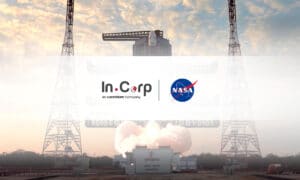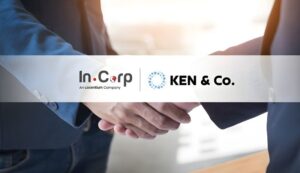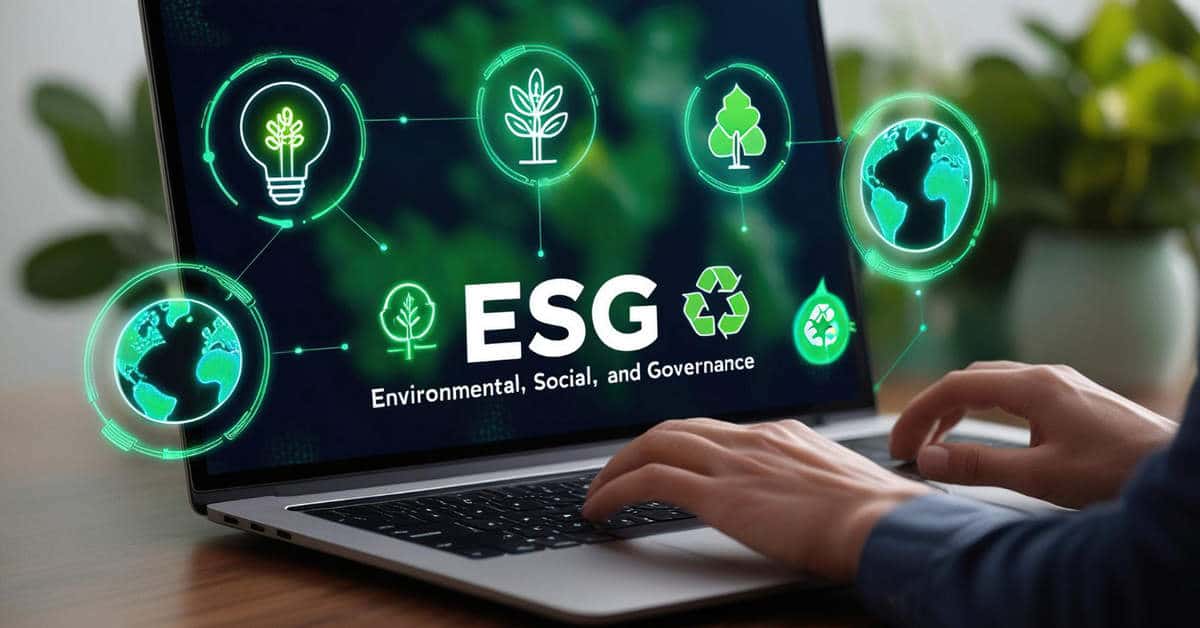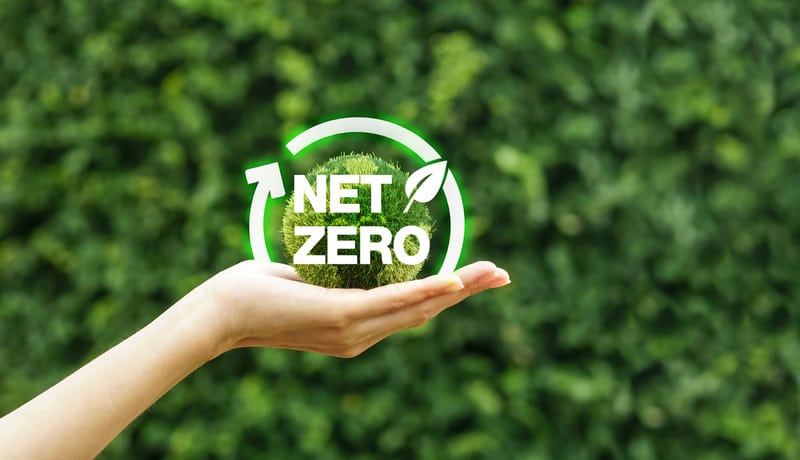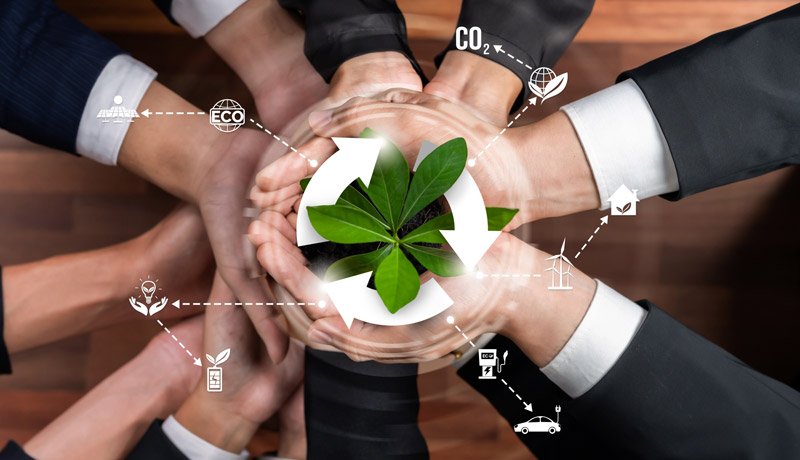LCA Adoption in India: Sectoral Insights and Impacts

LCA Adoption in India: Sectoral Insights and Impacts
Role of LCA in Indian Industries: Know Sectoral Insights, Unique LCAs Conducted and Strategic Implications
- Last Updated
India officially mandated the Business Responsibility and Sustainability Report (BRSR) in FY 2022–23. Since then, the country has seen a steady evolution in ESG maturity across the corporate landscape. The journey toward ESG reporting typically begins with identifying material disclosures and gathering the necessary data to publish a company’s first report. Most organizations start by focusing on essential (mandatory) indicators. However, as their ESG capabilities mature, many have begun moving beyond compliance, taking proactive steps and engaging with leadership indicators to signal their commitment and progress.
One such leadership indicator is Life Cycle Assessment (LCA). As environmental accountability becomes a core component of corporate strategy, LCA has emerged as a vital tool for assessing the sustainability of products and services across the value chain. Recognizing its significance, the BRSR includes LCA under Principle 2’s leadership indicators, encouraging companies to measure and manage their environmental impacts more holistically.
What is Life cycle Assessment?
Life Cycle Assessment (LCA) is a systematic and science-based technique for assessing the environmental implications of a product, process, or service across its life cycle. LCA assess the environmental implication from extraction of raw materials, transportation, manufacture, use of life, and impact at the end of its life. LCA aims to measure and analyze complete environmental inputs and outputs at each stage/process to find opportunities for improvement and promote sustainability.
For more details refer to this blog: https://incorpadvisory.in/blog/life-cycle-assessment-impacts-and-importance-in-brsr/
This blog analyzes the BRSR reports of the top 1000 listed companies to identify the adoption trends with regards to LCA. Further it explores how sector specific adoption of LCA is shaping India’s corporate sustainability narrative and supporting the implementation of the BRSR Principles 2 and 6.
LCA Adoption in India
LCA landscape is evolving and our analysis of the BRSR filings of the top 1000 listed Indian companies reveal a growing awareness and early adoption of LCA. During the analysis, we found that Life Cycle Assessments (LCAs) have been conducted for over 500 different products. The companies have included references to LCA in their ESG disclosures, reflecting a positive shift toward value chain transparency.
The metal and mining sector along with the consumer goods and chemical sector are front runners, leading in volume and depth of product level LCAs. While Information Technology (IT), financial services and textiles are still in the early stages, many have signaled intent, an encouraging sign of broader industry engagement.
An analysis of sector-wise product-level LCA disclosures in BRSR reveals that metals and mining leads with 24.45% of reported LCAs, indicating strong engagement from an intensive emissions sector. Consumer goods follow at 15.2% driven by growing supply chain and customer expectations around sustainability. Chemicals, electrical equipment and engineering also show significant adoption at 12.78% and 12.33% respectively, likely due to pressure from global clients and export markets. While agriculture and chemicals currently account for 2.42% of product-level LCAs,* the sector is increasing the mention of LCA in strategic disclosures which signals readiness to scale efforts. Sectors such as IT, textiles and financial services, though currently representing lower percentages, are showing early signs of engagement often through expressions of intent or exploratory pilots.
LCA Adoption in Top 1000 Companies

* It’s important to note that large-scale disclosures, such as those by BASF (which has reported LCA for 45000 products), have not been included in this analysis to maintain proportional representation and avoid skewing the sectoral landscape.
Metal and Mining
The metal and mining sector is globally experiencing rapid technological advancements with increased demand for minerals and hence pressing focus on sustainability. In India though the sector faces challenges in digital adoption, there are strict environmental regulations driving the need for focus on reducing GHG emission, water management, adopting renewable energy in mining and integrating circular economy principles (for example – slag reutilization and scrap recycling). Transparent reporting, ethical practices and active community engagement is critical for risk management, enhancing reputation and ensuring regulatory compliance in this sector. This is likely the reason for increasing use of LCA as a tool for reporting.
| Product (LCA Conducted) | Companies |
|---|---|
|
|
Chemical Sector
The chemical sector stands to gain significantly from adopting and publishing the Life Cycle Assessment. Given the industry’s environmental intensity and global regulatory scrutiny, LCAs provide a structured way to assess and manage lifecycle impacts across energy use, emission and material flows. In export driven segments, LCA disclosures are increasingly vital to meet compliance requirements under frameworks like the EU green deal and BRSR. Beyond compliance, LCAs enable chemical companies to identify process inefficiencies, reformulate products with lower carbon intensity through green chemistry and qualify for eco labels or sustainable procurement programs. As sustainability becomes a differentiator, LCA backed claims enhance brand trust and ESG visibility, while helping mitigate regulatory and reputational risks. The challenge lies in the diversity of chemical products and proprietary processes, which complicates data standardization and third-party verification.
| Product (LCA Conducted) | Companies |
|---|---|
|
|
Consumer Goods
The FMCG sector also stands out as a major adopter of LCA due to supply chain and market demands. As global brands and retailers enforce Scope 3 emission disclosure, packing reform, and product footprint transparency, Indian FMCG firms are being nudged to quantify impacts across their value chains. LCA allows these companies to pinpoint hotspots like plastic packaging, energy intensive processing or transportation and to adopt circular strategies. Leaders in the sector are already using LCA to support EPR compliance, reduce packing carbon intensity and justify “ecofriendly” claims in a greenwashing sensitive market. High SKU turnover and complex supplier networks present scalability challenges for full product portfolio coverage.
| Product (LCA Conducted) | Companies |
|---|---|
|
|
Construction and Infrastructure
This sector in India is making significant strides in adopting LCA with more than 20 companies conducting LCA across diverse range of products. Prominent names include Larsen & Tourbo, UltraTech Cement, Asian Paints, Brigade Enterprises and DLF. It is worth noting that companies like UltraTech and Shree Cement have conducted LCA for OPC, PPC and PSC, reflecting focus on decarbonizing one of the most emission intensive materials. Asian Paints and Berger Paints have evaluated LCA for coatings and finishes, while infrastructure developers like Brigade and Mahindra Lifespace have assessed large scale residential buildings and township developments. In this sector LCA adoption is driven by mindset shift toward circular economy, ESG goals, green certificates and future compliance with global sustainability reporting standards like CSRD.
| Product (LCA Conducted) | Companies |
|---|---|
|
|
Unique LCAs Conducted
In India, a growing number of companies are adopting LCA in non-traditional sectors like banking, IT and even urban infrastructure planning. This is beyond compliance product stewardship, carbon transparency and circularity. These LCA stand out for their unconventional scope, covering digital equipment, financial products and electric vehicles. Marking a critical shift in how companies view impact across the full product lifecycle, driving sustainable design, procurement and investor confidence is aligned with the global regulatory trends. Here are some unique LCA products:
- Cheque book and credit cards: ICICI Bank Ltd conducted the LCA for its 50-leaf cheque book and credit card. The LCA captures material usage (paper, PVC, Metal), energy in manufacturing and end of life waste impact. It is highly relevant for large scale issuers with millions of units in circulation. It shows upward trend in assessing Scope 3 and circular economy frameworks in banks.
- Desktops usage-based assessment: Tech Mahindra Ltd. conducted LCA to bring attention to IT hardware’s energy and material environmental impact in enterprise operations.
- Small commercial vehicles & light medium vehicles: Tata Motor Ltd. conducted cradle to gate LCA for small and light medium vehicles. The LCA covers emission from raw material procurement and production performance in commercial mobility.
- Classic 359 Stealth Black Motorcycle: The LCA of Eicher Motors Ltd. is unique as it applies a granular environmental impact analysis to a single branded consumer vehicle model, rather than a generic vehicle category. By assessing a specific product, it demonstrates how design choices affect overall footprint.
- 390 MW Solar-wing Hybrid Project: Adani Green Energy Ltd. conducted cradle to grave LCA for 390 MW solar wing hybrid project. Unlike standalone solar or wind LCAs, this assessment captures interoperability impacts, shared infrastructure, land use efficiency and system level load balancing.
- Vodka, Whiskey and Spirit: The United Spirits Ltd. conducted LCA for Smirnoff Vodka, Godawan Whisky, Malt Spirit.
- Dabur Chyawanprash: Dabur India Ltd. conducted LCA for various products, of which one of the unique products was chyawanprash.
Implementing LCA in these industries is critical in identifying environmental hotspots, guiding resource efficiency, and supporting regulatory compliance. It has led to energy mix modeling, cleaner grid integration, reduced water degradation, fault detection systems and digital transformation.
Boundaries of the LCA are defined differently for various companies – cradle to grave and cradle to gate. Some companies have started their LCA journey providing a practical and accessible starting point for measuring sustainability. Third party verification, though limited, is emerging as a best practice, especially for disclosures under BRSR and for companies seeking to substantiate green claims or comply with EU/UK sustainability regulations. This shift enhances the credibility, comparability, and strategic utility of LCA results.
Strategic Implications for Stakeholders
Integrating LCA into BRSR presents a strategic opportunity for all stakeholders – investors, regulators, consumers and the businesses themselves. For investors, LCA-backed disclosures signal deeper environmental due diligence and transparency, enhancing ESG scores and long-term risk mitigation. Regulators benefit from standardized, science-based data that can inform policy decisions and enforce environmental accountability. For companies LCA offers a roadmap to optimize resource use, reduce emission and strengthen brand credibility by aligning with BRSR principles 2 and 6. It also supports cost saving through efficient product design, material substitution and waste reduction. The Central Consumer Protection Authority issued guidelines for ‘Prevention and Regulation of Greenwashing and Misleading Environmental Claims’ in 2024.Consumers are increasingly demanding sustainable and ethically produced goods. LCA validates claims around low carbon, green or circular economy labels, thereby building trust and reducing greenwashing.
Actionable Takeaways
To close the LCA gap and future proof sustainability reporting, companies should:
- Benchmark your sector
- Start with a product or process level LCA
- Integrate LCA with design, procurement and R&D functions
- Ensure disclosure specify scope, boundaries, tools and findings
- Engage experts to ensure methodological soundness and disclosure readiness
Why Choose InCorp Global?
InCorp Global offers comprehensive guidance, helping companies understand and navigate the complexities of BRSR. Our services not only ensure compliance but also the creation of long-term value through responsible and transparent business practices. To learn more about BRSR Reporting or ESG services, you can write to us at info@incorpadvisory.in or reach out to us at (+91) 77380 66622.
Authored by:
Shreyash Khadse | Sustainability & ESG
Frequently Asked Questions
Not initially, often times companies begin with flagship or high impact products. Prioritizing products with high volumes, carbon intensity or market visibility allows for practical, phased adoption before scaling across portfolios.
These LCAs go beyond traditional manufacturing, they assess impacts of digital tools (like cheque books and desktops) or financial products (like green housing loans). Their unconventional scope reflects a shift toward system level impact accounting.
Beyond compliance, LCA identifies hotspots in energy use, materials and logistics. Businesses can redesign products, switch to sustainable materials, and reduce waste, leading to long term cost savings and leaner operations.
Absolutely. LCA backed disclosures strengthen ESG credibility, reduce greenwashing risks, and provide science-based data for BRSR filings. They also offer regulators standardised metrics to assess environmental accountability.
Cradle to gate LCAs is common for manufacturers focused on production efficiency. Cradle to grave LCAs growing where companies want to account for use phase and end of life impact especially in sector like automotive, FMCG, and infrastructure.
These sectors are highly regulated, environmentally intensive, and often linked to global supply chain. LCA helps them meet international buyer demands, manage the environmental risk, and back sustainability claims with data especially under frameworks like BRSR, EU Green deal and CBAM.
Share
Share





















